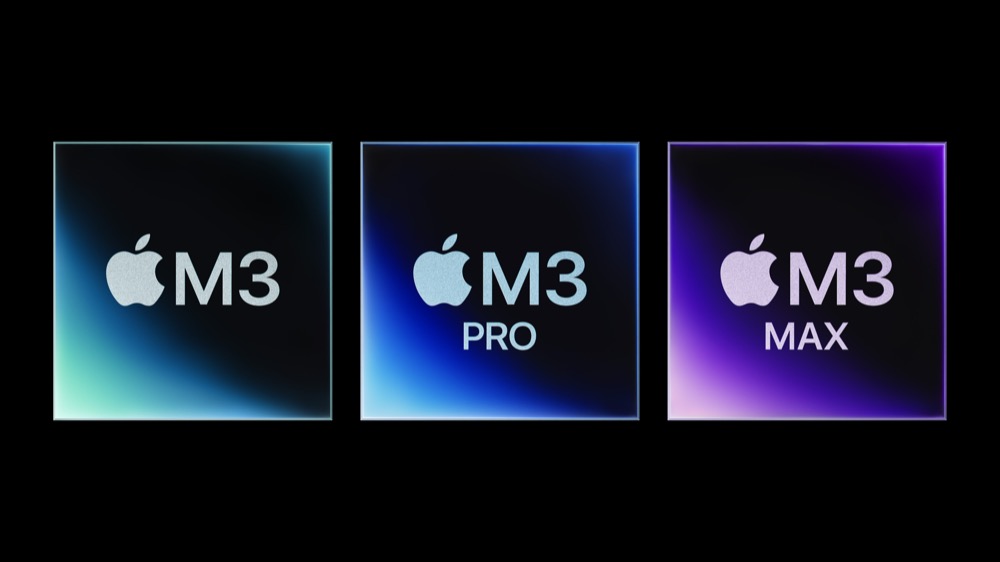Apple already sells AI laptops, they just need an OS upgrade

Apple already sells AI PCs, they just need a software upgrade
Apple is a dark horse when it comes to AI PCs, according to Counterpoint. That’s because while we already know what to expect from Windows PCs as Microsoft weaves ChatGPT across its systems, we don’t yet have insight into Apple’s own plans to match. We just know it is about to put them in place.
The hype is real
All the same, the hype is real. If you believe it, weaving AI into smartphones, tablets, and computers is going to prompt a return to growth across the industry and transform our lives. (Though somehow few reports seem prepared to speculate on the impact AI will have on employment, diversity, opportunity, and all).
But for the present let’s pretend AI in devices is going to deliver nothing but benefits and go with Counterpoint’s flow, which is:
- 75% of laptops sold in 2027 will boast advanced Generative AI capabilities.
- They will revive replacement demand across the industry.
- Every processor vendor will seek to compete in the space.
- Half a billion AI laptops will be sold during 2023-2027.
- The AI laptop PC segment will grow at 59% CAGR.
What about Apple?
Of Apple, they say, “Apple could be the dark horse when it comes to adding GenAI capability in the Macs. The company can use its end-to-end vertical approach to leverage its self-designed Arm-based M series of advanced powerful processors, heavily optimized MacOS, newly designed LLM and powerful GenAI application ecosystem.”
What’s also interesting is that the Counterpoint report (which is available for you here), notes that intel and AMD “will look to take the GenAI-capable compute mainstream next year to compete with more efficient ARM-based Qualcomm and Apple solutions in this AI race.”
But what I think is being missed in this assessment is that Apple’s Macs already boast AI capabilities – Apple Silicon has both AI and GPU capabilities on-chip. Arguably these potentials are under used, but we expect the company to begin to make more use of these when it introduces new operating systems later this year. In other words, the structure of the landscape has changed. ARM-based chips are already well placed to profit from this wave. Apple Silicon is, of course, ARM-based.
The power of three
To make sense of the diverse PC landscape, Counterpoint describes three basic types of AI computer: AI basic laptop, AI-advanced laptop, and AI-capable laptops. Already available AI basic laptops can perform basic AI tasks but not completely GenAI tasks – but later this year we should see machines with enough computational power to run Gen AI natively. What’s interesting about this description is that it extends to PCs that have their own neural processing units (like Macs), or powerful GPUS (like Macs) to perform Gen AI tasks.
In fact, these descriptors seem really appropriate when you consider Apple has already introduced powerful M3 MacBooks that in my experience are more than capable of running the GenAI machines Counterpoint describes.
What we now wait on is what Apple will announce around Generative AI in all its platforms, including Macs, at WWDC. If the company gets it right, and can introduce operating systems that give its existing devices compelling, useful Gen AI services, then it will be very well place to grab a big chunk of that 59% CAGR.
And even within that it’s important I think to understand that the Macs Apple is selling today are extremely likely to be able to run the GenAI systems the company hasn’t yet revealed.
In other words, competition in the AI laptop space isn’t something to expect in the next few months. It is in fact already here and Apple is already selling them. We’re just waiting on the software upgrade to bring them to life.
Please follow me on Mastodon, or join me in the AppleHolic’s bar & grill and Apple Discussions groups on MeWe.




